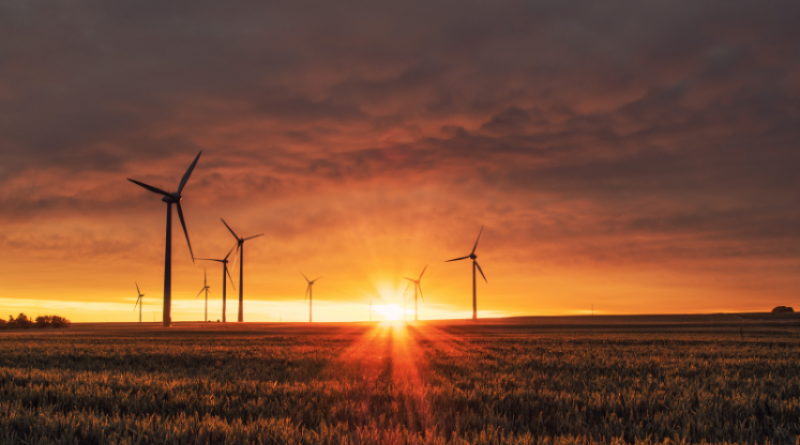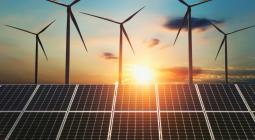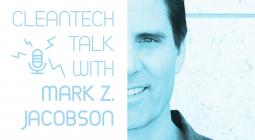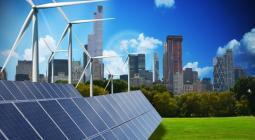Six EU countries join call for 100% renewable energy scenario.

Austria, Denmark, Ireland, Lithuania, Luxembourg and Spain have sent a joint letter to the European Commission calling for the inclusion of a 100% renewable energy scenario in long-term climate projections.
“The serious risks of climate change are at the heart of [citizens’] concerns,” the six countries write in reference to young people who have led the climate marches that have swept Europe for over a year. “As leaders, we have the responsibility to show the younger generation that they are being heard,” add the signatories, which include the energy and environment ministers of Austria, Denmark, Ireland, Lithuania, Luxembourg and Spain.
In November 2018, the Commission unveiled eight energy scenarios for 2050, outlining different emission-cutting pathways to make Europe’s economy compliant with the Paris Agreement on climate change. But none of the eight options, which range from business-as-usual to net-zero emission cuts, included a scenario based on 100% renewable energies. And only two of them achieve climate neutrality, which in the meantime was chosen by EU heads of states and government as the preferred option.
“While we welcome this vision, we also express our wish for a scenario consisting of 100% renewable energy in 2050 and notably 100% in the electricity sector,” the letter states, welcoming the Commission’s “commitment” to work on such a scenario.
Commission President Ursula von der Leyen has promised to include the 100% renewable scenario in the 2050 energy projections, according to a diplomat from one of the countries that signed the letter.
But the EU executive said it needed more time, until September, to complete a detailed cost-benefit analysis on upgrading the bloc’s 2030 objective, in line with the 2050 climate neutrality goal.
The detailed impact assessment was requested by EU member states as a prerequisite for raising the EU’s 2030 target to 50-55% cuts in greenhouse gas emissions, up from 40% currently.
Read the full article here.
7 April 2020
European Commission





